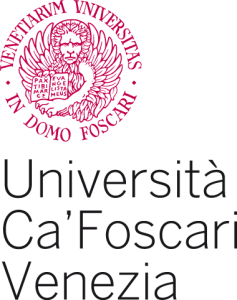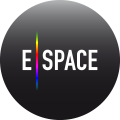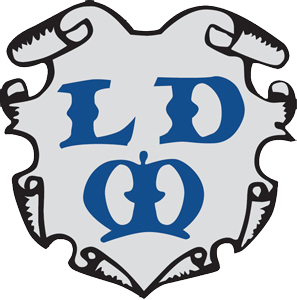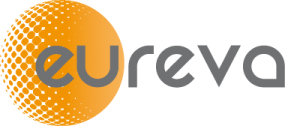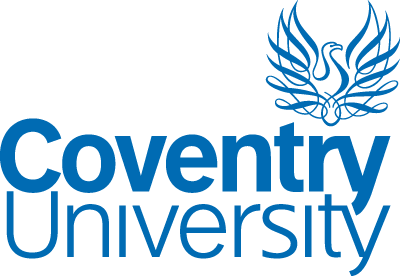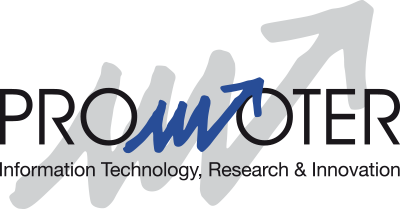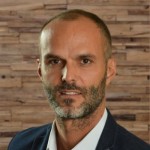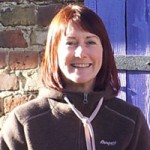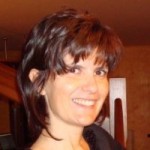About
On March 17-18, 2016 the Europeana Space Project hosted “The Future Museum Challenge” in Venice, Italy. The event was intended to engage creative minds and re-invent the future museum experience.
What?
The Future Museum Challenge focussed on building new products and develop creative ideas that will bring museums into the 21st century. Aspects included the museum experience, enhancing content, engaging the audience and improving the educational experience. Participants were invited to focus on creating products that are not only innovative but also can produce sustainable business models.
The three teams with the best ideas were selected and invited to London for an intensive Business Modelling Workshop to hone their ideas’ business potential and the team with the strongest idea will win a 3-month intensive incubation package from REMIX and the Europeana Space Network.
Why?
Museums around the world are moving away from a physical space speckled with digital devices to digital spaces that exist in the physical as well as in the digital world. The E-Space Museums Hackathon seeks to inspire and discover new disruptive, innovative and sustainable ways that museums can enter this “phygital” realm.
How?
The Future Museum Challenge was a 48-hour marathon of brainstorming, Q&A, pitches and networking. Participants’ and experts’ know-how were mixed to explore and develop innovative solutions for the museums and its educational implications. Hackathon participants were encouraged to utilize new technologies and devices to see how digitized materials can enrich the museum experience. Participants had access to the technical solutions developed within the E-Space Museums Pilot – the Toolbox and Blinkster, as well as access to millions of digitized cultural heritage items from around the world via Europeana Space’s Technical Platform.
Participants also had direct access to museum experts to discuss audience needs, from the marketing and educational perspectives to e-learning, educational endeavors as well as the general nuts and bolts of how valuable information on how these institutions operate. Additionally, technical staff was on hand to assist with development issues and business modelling consultants to help shape and hone participants ideas for the marketplace.
Who were we looking for?
We were looking for designers, coders, museum experts and lovers, cultural managers, artists, creatives, IT and marketing experts: we were seeking for enthusiastic participants who wanted to accept the challenge and bring their innovative ideas to the market via Europeana Space’s Incubation Support Package.
What were we looking for?
Disruptive solutions to enhance the museums’ visitors experience, engage the audience and boost the educational experience.
The jury looked at several aspects of each concept:
- Relevance and value to the cultural Heritage sector. Does the proposition offer a new application or perspective on the use of the digitalized cultural heritage content? Does the proposition use, re-use, or facilitate the use or re-use of digitalized cultural heritage material? It is important to remember that these projects are not only confined to the museum space. Participants are free to choose their own field for exploration.
- Business potential & job creation objective. Does the proposition hold a strong position against current and likely competitors? What is the composition and size of target market(s) for this proposition?
- Likelihood of success. How likely is the proposition to be adopted by users? Does the team have the skills and capacity to successfully accomplish and launch a new business concept?
- Innovation & quality & uniqueness. How innovative, new, or original is the idea? (New technology, original approach, potential uptake by target users) What is the quality of the concept? (Form, function, aim)
The Prize
The three best concepts will now progress to an intensive hands-on business modeling workshop in London! The workshop will be curated and run by minds behind the renowned REMIX Summits.
The objective of this full-day session will be to explore the business potential of the project ideas. At the workshop, these three finalists will have an additional chance to win three months of tailored business incubation from world-class industry leaders via Skype. Incubation participants will be asked to complete a series of mentored courses over an intensive three-month period. By the end of the Incubation period, the business plan for each project team will be ready either for pitching to investors, or for launching directly (as applicable).
Read more about the Business Modelling Workshop and Incubation here.
The Hackathon Programme
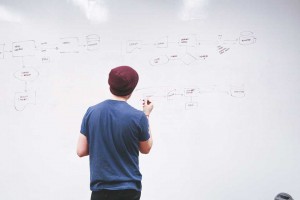
Pre-event, 5 March
Location: DAIS-Campus scientifico, Edificio ZETA, Lab 3. Università Ca’ Foscari, Via Torino 155, 30170 Venezia Mestre
| 12:30 | Presentation of the Hackathon |
| 13:00 | Question and Answer session |

Hackathon Day 1, 17 March
| 09:00 | Welcome message by prof. Gaetano Zilio Grandi, director of Ca’ Foscari Department of Management
Introduction to E-Space by Antonella Fresa (Promoter srl, Technical Coordinator) The Museums Pilot and its tools Blinkster and Toolbox, by Tiziana Lombardo (FST) Digital content from international content providers (SPK, EVK, LAM) E-Space WITH tool, by National Technical University of Athens Europeana API, by Remy Gardien(Europeana Foundation) Goals of the hackathon, by Simon Cronshaw (REMIX) Q&A and Teams assembling |
| 11:30 | Starting the work session of the Teams: hacking, coding, designing |
| 18:30 | Pitch rehearsal and feedback from the Jury |
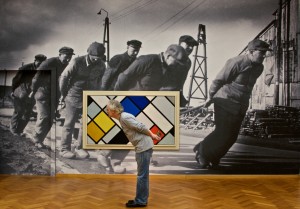
Hackathon Day 2, 18 March
| 09:00 | Work session of the Teams: hacking, coding, designing |
| 16:45 | Final pitches by the Teams, judging, announcing the winners |
| 18:30 | Congratulation message to the participants by prof. Michele Bugliesi, Ca’ Foscari Dean, and Award Ceremony |
The Jury

Simon Cronshaw
Managing Partner & Co-Founder at REMIX Summits, specialising in entrepreneurial strategies, e-commerce, start-up operations.

Antonella Fresa
E-Space Technical Coordinator. ICT Expert, experienced project manager of international cooperation R&D projects.
Leonardo Buzzavo
Associate Professor of Strategy and Entrepreneurship at Ca’ Foscari University of Venice Department of Management.
Tiziana Lombardo
Senior Project Manager at Fondazione Sistema Toscana and co-ordinator of the E-Space Museums pilot.
Remy Gardien
Internet enthusiast who enjoys creating nice things for the web. He uses his wide IT-background in his role to coordinate technical efforts across Europeana projects.
Antonella Zane
Head of Digital Library Sector at University of Padova. Digital library expert with experience in EU project for digital cultural heritage and archive.
Registration
The registrations are closed, the event took place on 17-18 March 2016.
Learn stories on the E-Space project blog and register now to our newsletter to stay up-to-date with the hackathon news!
How to reach us
Ca’ Foscari University, Campus Scientifico Via Torino 155, 30170 Venezia Mestre (VE), Lat. 45°, 477790 – Long. 12°, 254480 – UTM 33N 285419-5039695
By bus:
– From Venice, piazzale Roma: take the bus n.41, 42,43, (bus timetable) and get off at “Via Torino” stop. Alternatively take one of these bus: 2, 4, 4/,6,7 and get off at the second stop (Porto Marghera train station), take the underpass, follow the directions for Ca’ Foscari university, keep going and cross the flyover then you will arrive in via Torino.
– From Mestre, train station: get out of the station, turn right and after 50 meters take the bus ACTV n. 31 (32 for the way back), get off at the first stop (Gazzettino), turn left and then right.
– From Marco Polo airport: take ACTV bus n.15 or ATVO bus, get off at Mestre train station and then choose the options written above.
By train:
Get off at Porto Marghera stop and take the underpass, follow the directions for Ca’ Foscari university, keep going and cross the flyover then you will arrive in via Torino.
By car:
Turn off the A4 highway (Venice directions), at “Castellana” exit, then at roundabout follow the directions toward Mestre city center crossing the flyover. Keep going on via Fradeletto and Viale Vespucci, at traffic light turn right, take via Sansovino, overtake two traffic lights, cross the bridge and, at the end of Viale Ancona, turn left to Via Torino. Keep going until the end of Via Torino, at roundabout go back until the first traffic light, turn right and you will find the gate of the Scientific campus on your right.
Newsletter
Join the Europeana Space Project’s Newsletter
Contacts
Hackathon organization, Ca’ Foscari University
E-Space Museums Pilot, Tiziana Lombardo
Community
@EuropeanaSpace, #ESpaceMuseums
![]()
Co-funded by The European Union
Powered by Promoter SRL. All the photographs in the website are CC0 except the one of Hackathon Day 2 with a visitor and painting on the background: https://creativecommons.org/licenses/by-nc/2.0/ – by Frans Schouwenburg
